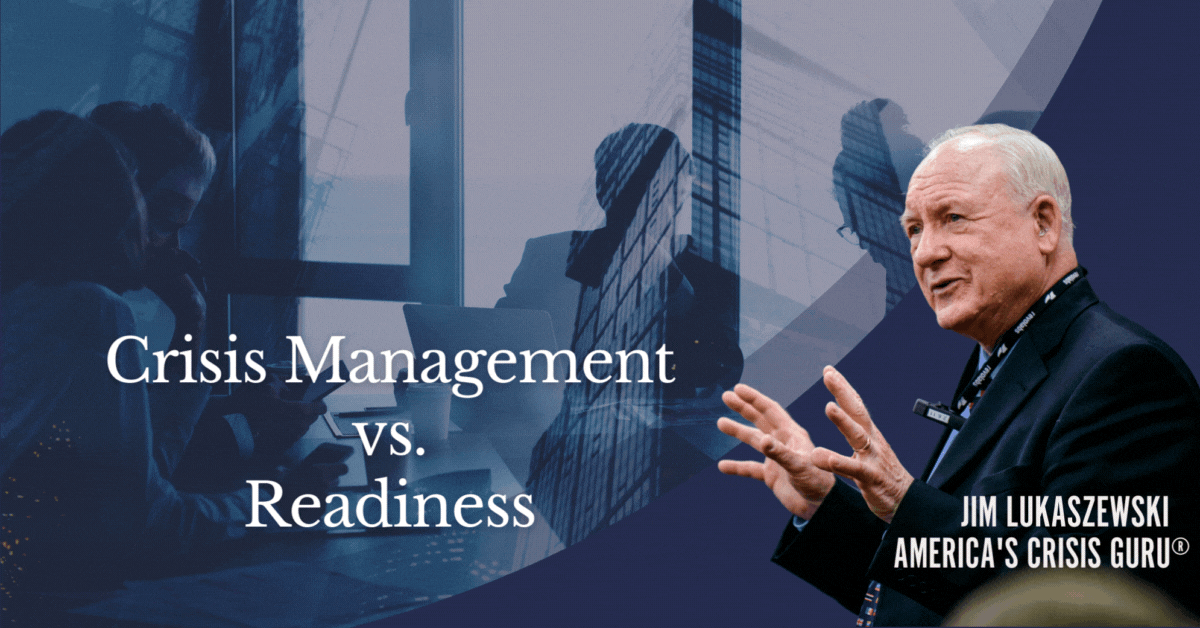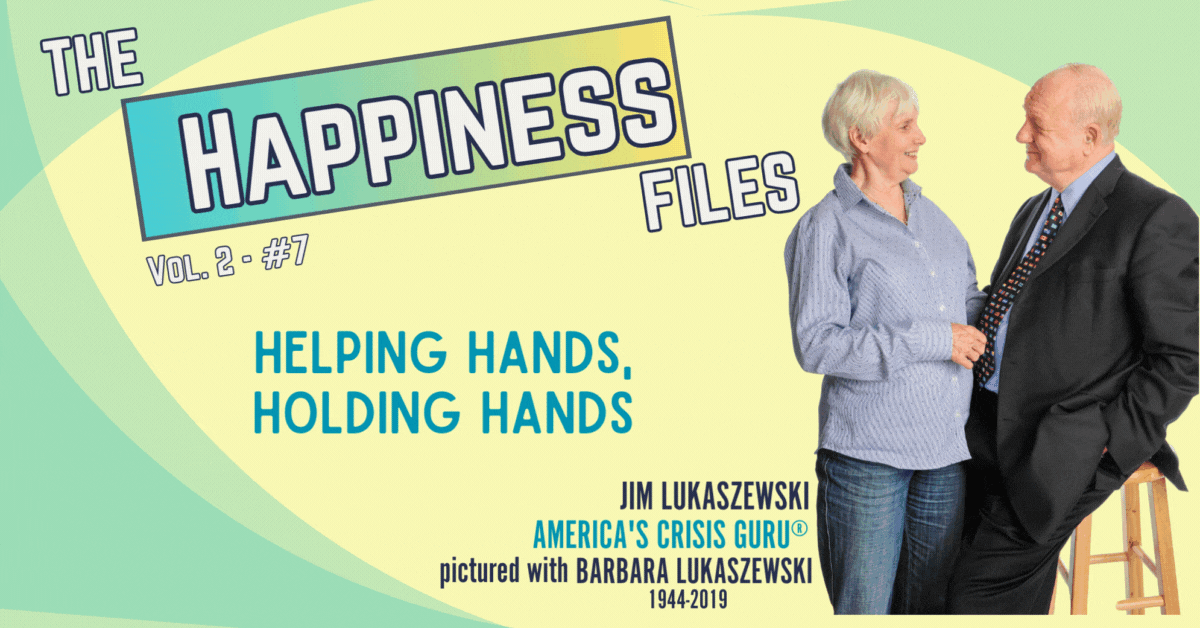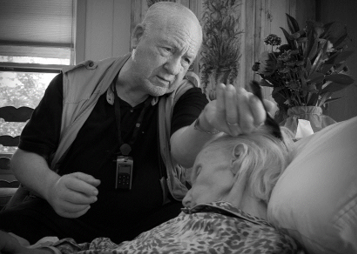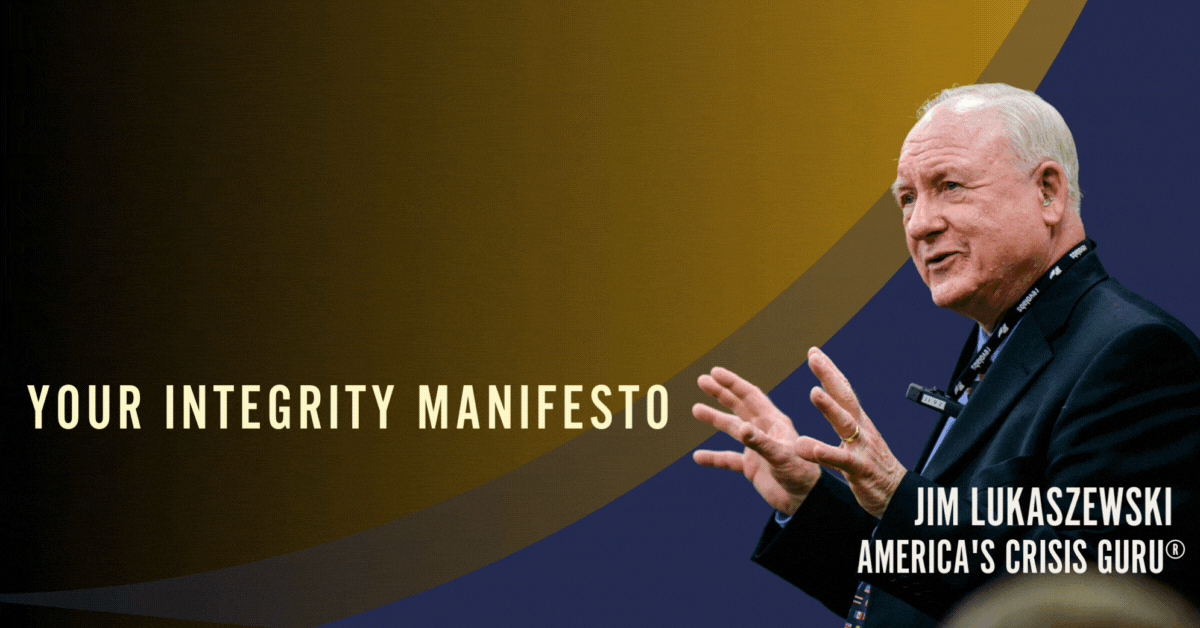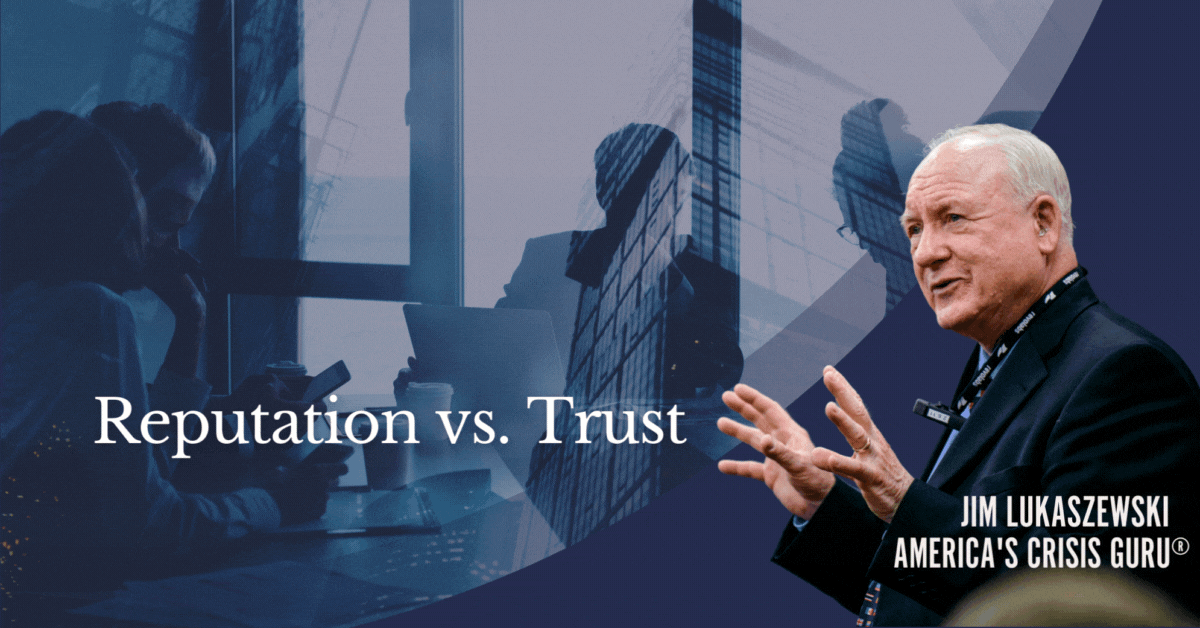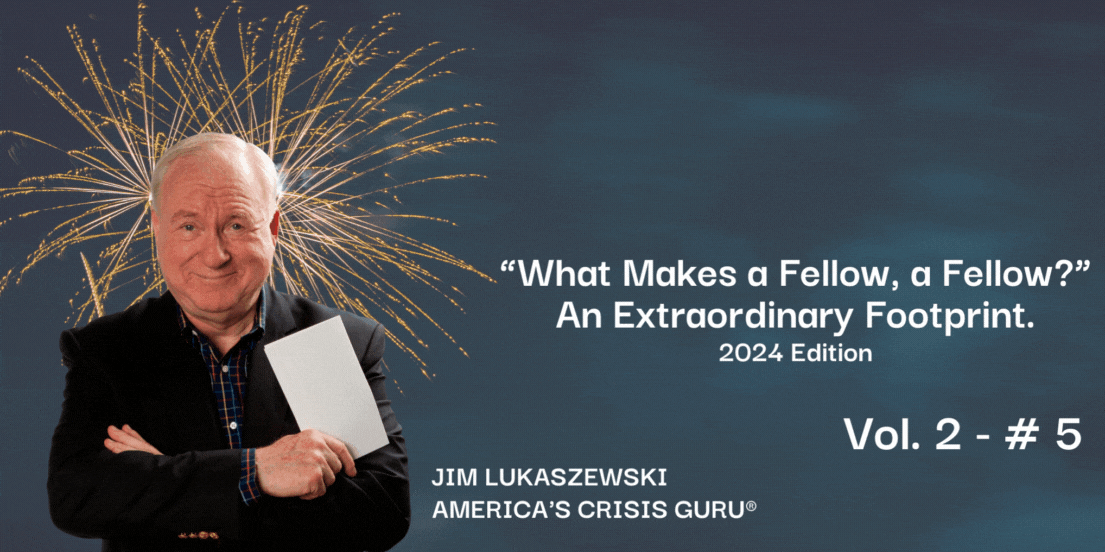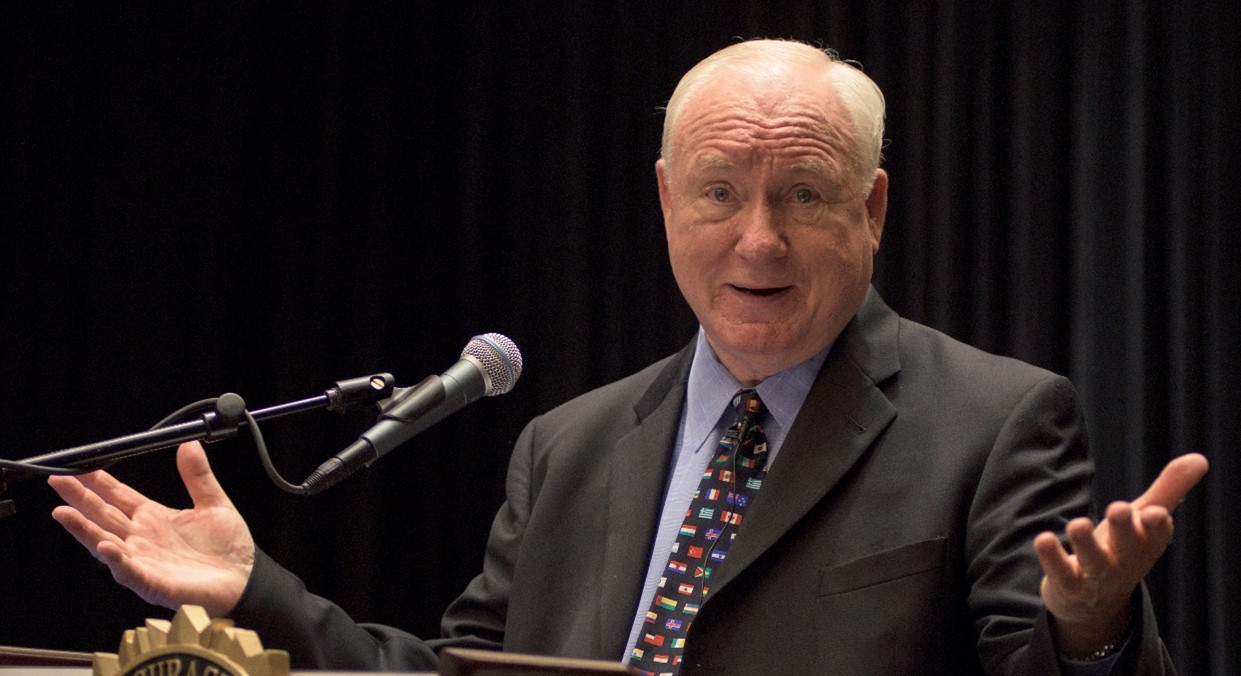One of the more disabling pieces of baggage that many public relations practitioners carry is being known behind their backs as the Chicken Little in their organization. Getting management and managers attention by referring to any hiccup as a crisis.
The truth is managers and leaders are problem resolvers and issue managers. In every organization, there are bushels of these events active at any given time. But crises are very rare.
I define crisis as a show-stopping, people-stopping, product-stopping, reputation-redefining event that creates victims and/or explosive visibility. The most important word being victims. Problems can be serious, problems can be debilitating, and problems can be distracting, but true crises in any environment, even the most challenging ones, are extremely rare and always produce victims. No victims, no crisis.
My advice learned as one of the most important lessons that came out of 9/11. 9/11 actually changed the crisis management vocabulary and security, police work, and preparation work. The operative word became Readiness. Readiness is a management word. Crisis management is the PR word designed to get management’s attention and probably a budget for doing something. Hence, the reputation for being Chicken Little after, “The sky is falling” fable. (There’s a similar fable in every culture I have worked in.)
Readiness is Strategic Management Concept
If everything is a crisis then there are no crises. Readiness is self-explanatory and starts productive conversations, triggers more strategic questions, as well as, holds management’s attention and accountability.
Yes, it’s hard to avoid using crisis as a management attention-getter. Trust me when I tell you that it is one of the biggest turn-offs in the relationship that communicators and public affairs staff functions in the organization have with their bosses.
How to Approach Your Boss About Readiness
A Story with a Big Lesson
Let me also emphasize a lesson I learned very early in my career. I gave a speech in Florida to about 200 top security officers in major corporations. When I returned to my Minneapolis office there were easily a couple dozen messages which clearly came from attendees at this conference. My first thought was that I had messed up and said something that irritated or agitated people in the audience or the host organization. But among the names were two or three people that I knew, so I called them. And was I ever surprised.
The first person I called, Bill, the Chief Security and Intelligence Officer of a Fortune 50 company answered his phone, as he always did, and rather sheepishly I said, “I have all these messages, you were at the meeting, what did I say that is causing my phone to ring off the hook.” Bill said, “I don’t know about the others, but I think you have revived my career with a single sentence.”, “What was that sentence?” I sort of begged. He responded by telling me that, “When you have a concept, especially a really good concept that could involve the survival of the institution and its leadership, go and see the boss first before you write anything down and talk it over with him or her.”, “That single sentence explained why I felt I was failing at my career as a crucial advisor to my boss.” “He would say no immediately or would simply forget what we were talking about.”
He continued, “Typically if I’m going to propose an idea or want to suggest something, I developed a short paper on the subject with some facts, data, and perhaps a couple of suggestions about how to start, and a timeline of expected events.” “My intention was to answer all the likely questions on the first pass.”
“I thought I was being a good staff person”, he continued, “but the truth is I can now see that it comes across as though I thought of everything necessary, the boss has little room to think it through on his own besides what bosses do for a living is decide things fast.” “Then you said this well-prepared approach is often viewed as evidence that you don’t trust the boss to successfully carry out your ideas.”
“You reminded all of us that bosses exist to make the crucial decisions. On major issues they like to be in on it from the start, even before that first exploratory memo is in their inbox.” And then you said, “What bosses appreciate are action options rather than “solutions”.” The Three Minute Drill.
Suggesting options for their consideration is a powerful way of demonstrating that you are working for them rather than yourself.”
As it turns out, that is exactly why everyone else called. They were surprised to hear me say, “Learn to avoid staff work that gets too far ahead of the person who runs the business.” This is a common error among most staff functions.
Staff tend to think it’s generally smart to show how ready we are, by proposing complete ideas. We fail for reasons including lack of trust in a senior manager “to get it” and follow through. Staff fear, of course, is that the boss will say no. The goal always is to leave the meeting with the request for some preliminary thoughts on what we discussed as opposed to, “I’ll think about it.” Which means, of course, you will never hear about it again. People who run successful organizations routinely make other important decisions quickly. They have no time to let ideas pile up. Trusted Strategic Manifesto Link.
Readiness is a critical management activity. It is also a highly strategic activity. Two things most of us in staff functions need to be associated with.
Problems happen often in large numbers every day in organizations. But, if it’s people-stopping, product-stopping, show-stopping, reputation-redefining, or circumstance that can create victims and/or explosive visibility, that is worth an executive’s attention. Lucky for most of us they rarely happen, but we’re busy getting ready to manage other problems in the meantime.
You might find it useful to review the Trusted Strategic Advisors Manifesto, part of which talks about the six mistakes trusted advisors need to avoid making. Especially error #5, pushing ideas that the boss will never buy.

